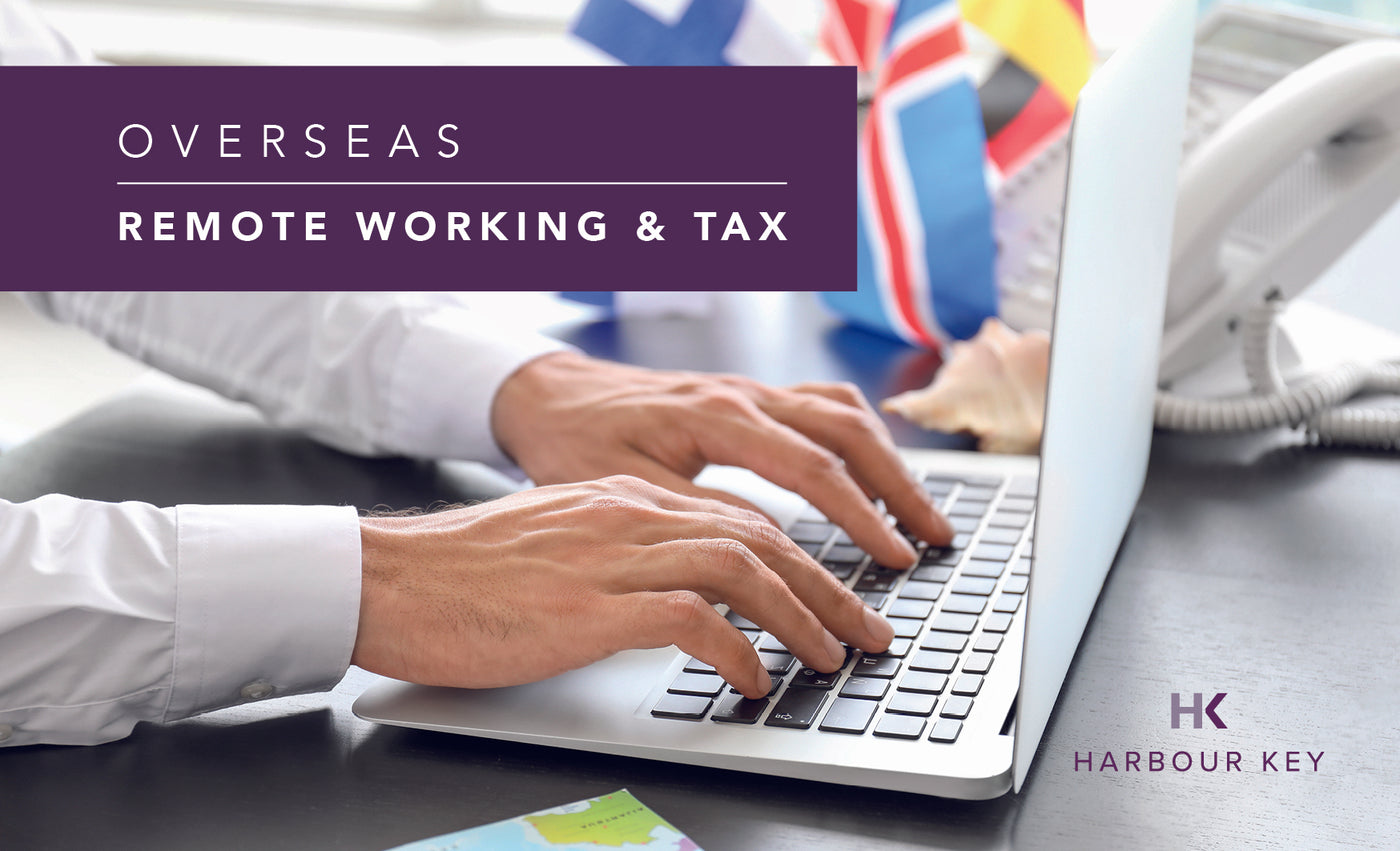
A recent report by the accountants RSM, shows that more than a third of businesses are unaware of the tax implications when allowing their employees to work flexibly overseas. Those who are aware of the implications have set restrictions on the length of time their employees can work abroad, having more control over the employees’ place of work.
Employees engaged by UK businesses are spending more time conducting their employment duties outside of the UK. With labour shortages many businesses are also looking overseas to source labour. Some cross border employees and employers might not understand what they’re signing up for, but the local jurisdiction where they are working from will do.
Maintaining a workforce, even if it consists of just one employee, in a different jurisdiction where business activities are carried out brings forth the challenges tied to permanent establishment regulations. Non-resident companies must take these regulations into account in order to comprehend and effectively handle their corporate tax obligations in that specific jurisdiction. A permanent establishment is generally categorised as either:
- a fixed place of business through which the business of the enterprise is wholly or partly carried on; or
- an agent acting on behalf of the business that has, and habitually exercises, authority to do business on behalf of the enterprise.
Most countries adopt a similar approach for defining a Permanent Establishment.
Having a Permanent Establishment means that profits are potentially taxable in two countries. Only the taxable profits directly attributable to the activities of the local permanent establishment should be chargeable to local tax, which therefore requires a profit attribution exercise. Consideration must also be given to whether there is a double tax treaty (an agreement between the UK and the country with the permanent establishment), as to how profits are taxed.
Businesses need to consider whether their employees working from a home office in another country could be creating a taxable presence in that country, and a potential tax cost. An employee with authority to enter into contracts on behalf of their employer, operating from a home office in another country could create a permanent establishment in that country for their employer and therefore potential tax implications.
There are different tax rules depending on the country an individual chooses to work from, so employers venturing into “work from anywhere” arrangements need to understand the risks with this type of policy. A UK business with employees working outside the UK will need to consider the local tax rules, treaties and local tax authority approach in each jurisdiction – which will often differ from country to country.
Outside of the tax risks for the employer, the employees could suffer from deductions for tax in each country and be left with considerably reduced take-home pay as a result. Alternatively, an overseas individual who is seconded to the UK for a short period may suffer PAYE in real time on their UK earnings and be asked to complete a self-assessment tax return, only to learn that because of personal allowances, no UK tax was due after all and receive a refund after the tax year ends.
Different countries have their own domestic tax rules and employers often mistakenly assume that if an employee is not spending too many days overseas, or they remain on a UK payroll subject to UK PAYE and NIC, then that is sufficient. Working for a short period of time can result in tax implications for both employer and employee. Generally, where the work is undertaken, subject to that country’s rules around number of days able to work before being taxed, or an earnings cap before being taxed, that country will have the primary taxing rights.
Outside of tax, other issues can arise with overseas employment, for example local employment law, insurance, data protection rules etc. We have experience of one of our clients, a UK regulated banker working outside the UK conducting trades, which were basically not regulated, as outside the UK!
This places a heavy burden of administration on the employer, in monitoring employee movements, record keeping, payroll processing and real time information (RTI) reporting and creates considerable financial inconvenience for the employees concerned. It may be necessary for the employer to set up a local overseas payroll arrangement, to collect local taxes, which means finding a local agent to deal with this.
Double taxation (obligations both in the UK and overseas) issues need to be considered. Whilst there is usually a way to manage paying double tax, by way of the double taxation agreement, or local rules, cash flow can be impacted by local withholding tax implications and delays in paying tax or claiming back.
It is important for employers to keep track of their employees and their working arrangements, to avoid tax and legal implications in both the UK and overseas. Many non-UK tax authorities are now actively chasing potential tax revenue from workers/employees working in their country. One of our client’s employees was working from Spain, on UK payroll and paying UK taxes, but then was caught and found liable for Spanish taxes, which also resulted in tax geared penalties.
If you believe you have tax issues with overseas workers, please do not hesitate to contact us.



